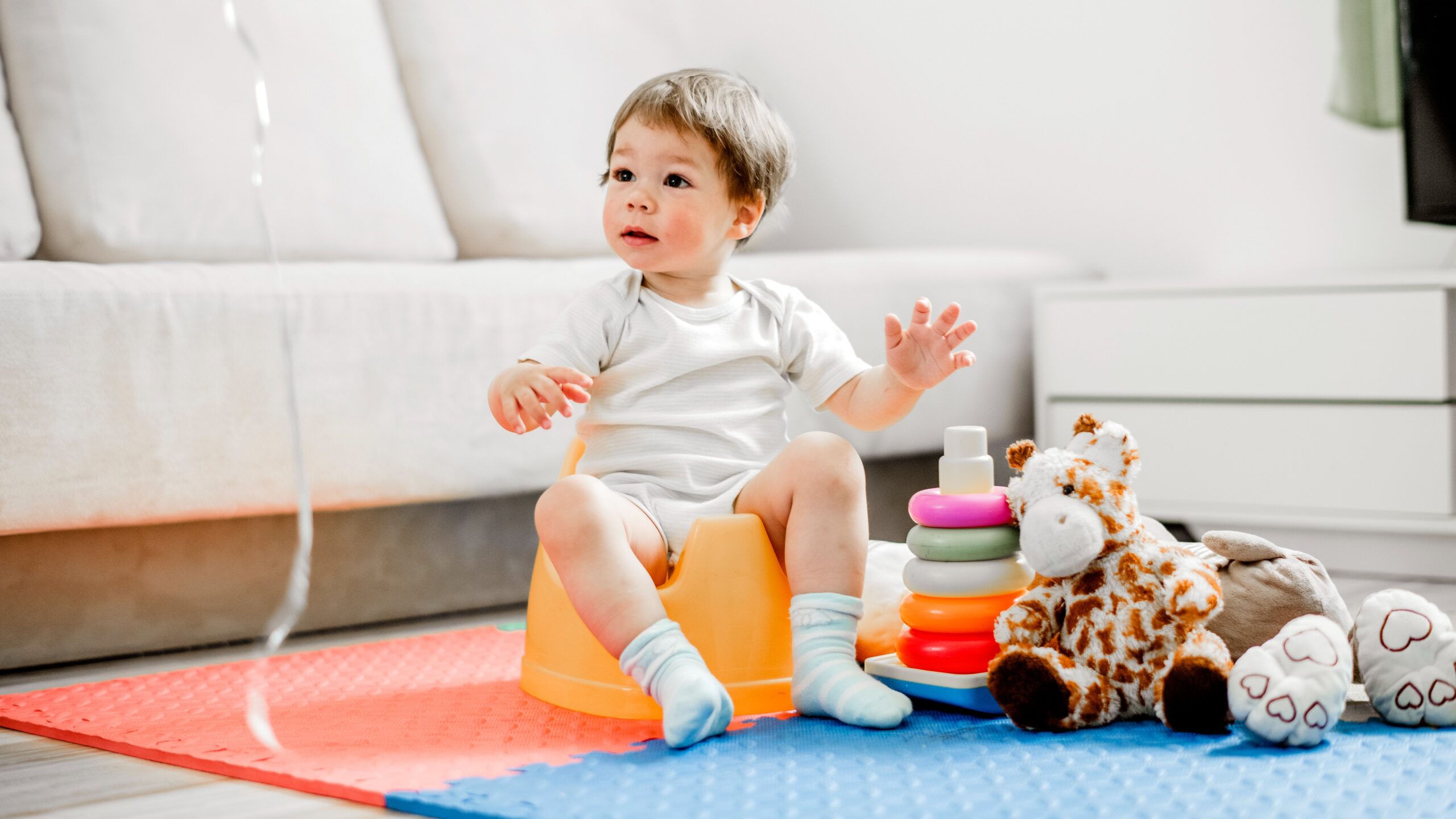
We don't like to make sweeping generalizations, but it's probably pretty safe to say that most parents look forward to having a potty-trained child. Being free of the whole diaper changing situation is fantastic, the problem is that potty training a child is often a dreaded experience. You hear potty training horror stories or experience them yourself and almost resign yourself to changing diapers until your child is out of high school. Fortunately, for those of us who are not potty training experts, there are potty training experts out there like Jamie Glowacki, a licensed social worker and author of Oh Crap! Potty Training: Everything Modern Parents Need to Know To Do It Once And Do It Right, who can help make the process so much easier.
More from MamásLatinas: Ways to teach self-love to your kids from an early age
Aside from having developed the Oh Crap Potty Training (OCPT) method, which is a six-block method that breaks down the best techniques to successfully toilet-train your little one, Glowacki also has a blog and YouTube channel with lots of great information. We're big fans of her potty-training tips and tricks and wanted to share some of them here with you to make the process as easy as possible for you and your little one.
Get your daily dose of mom tips in Spanish by listening to our podcast Mamá Dice. Each episode contains practical advice focused on positive and healthy parenting. Listen to Mamá Dice on your favorite podcast platform.
Don't wait until you think your child is ready.
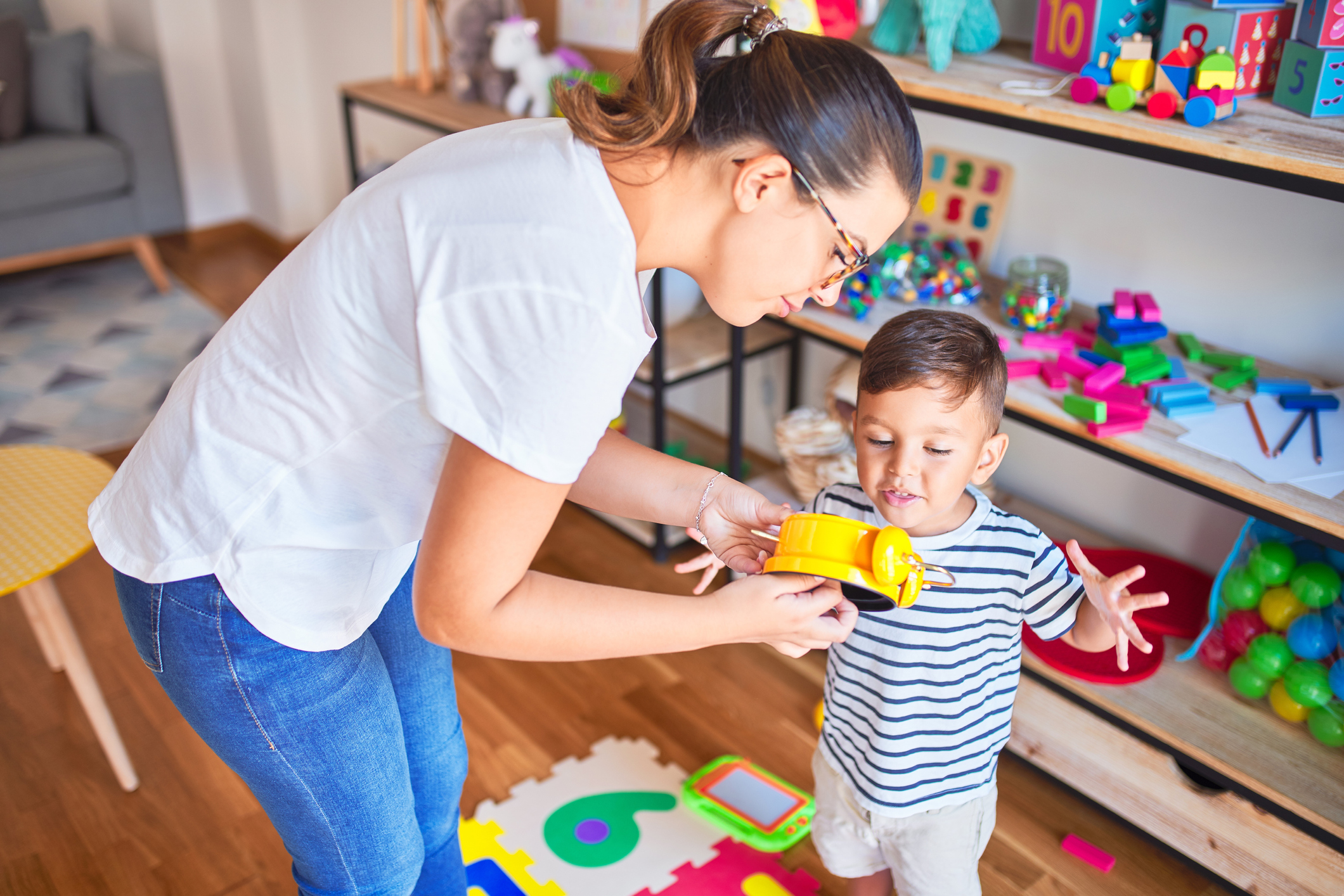
Glowacki encourages parents to start potty training their toddler between 20 and 30 months. "One of the biggest mistakes is that parents think 'I'll wait until he's ready.' Kids will never say to you, 'I'm ready.'" Be prepared to take the initiative!
Be 100% committed to the process.
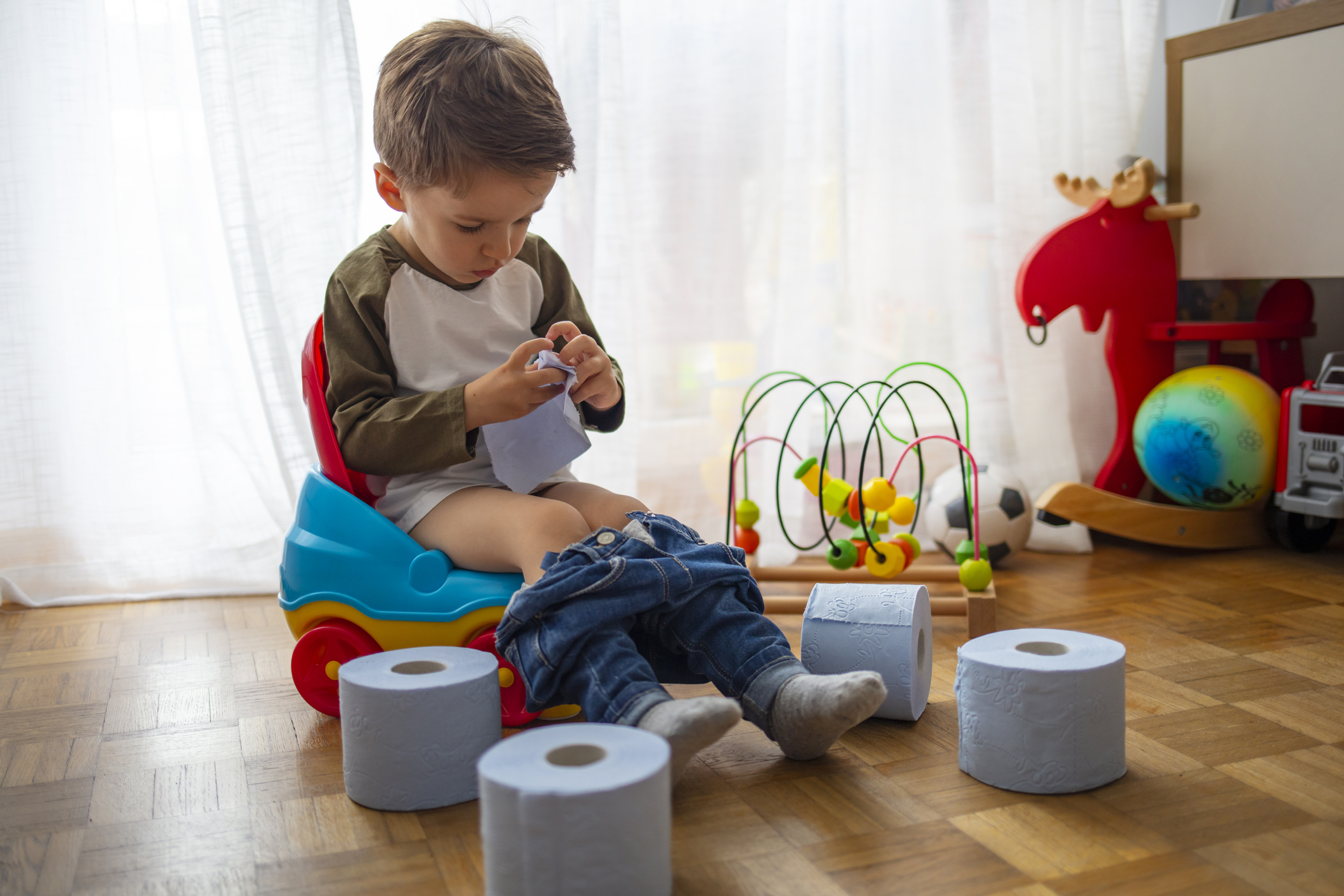
Once you decide to potty train, you should never go back. Glowacki suggests blocking a long weekend or vacation week for the potty-training process, which also means diapers are off at all times! "Moms need to be committed to the process. With any milestone, you have to stick with it," she says.
Avoid introducing a mini potty too early.
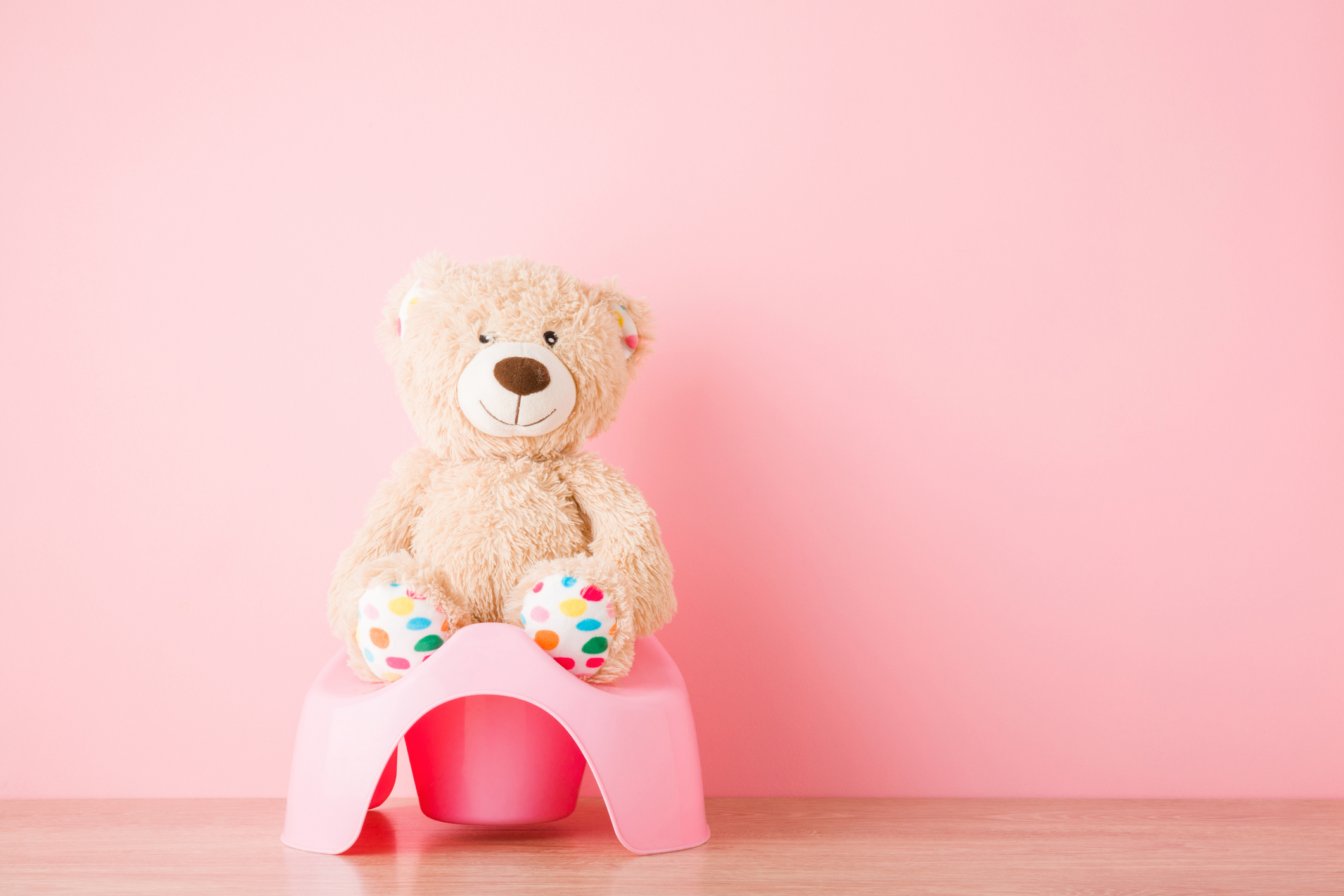
Many parents believe that introducing the potty once kids start walking is a great way to get them acclimated to the idea. Glowacki explains that the issue with this tactic is that kids will view the mini potty as a toy instead of a device with purpose.
Don't share your potty-training woes on Facebook.

It may be tempting to update all of your Facebook friends about your potty-training journey, but Glowacki strongly discourages hitting publish on that status. "Don't ever post on Facebook because you will get everyone's tips and everyone is going to want to be an expert. Your plan will fall apart," she advises.
Use cloth diapers.
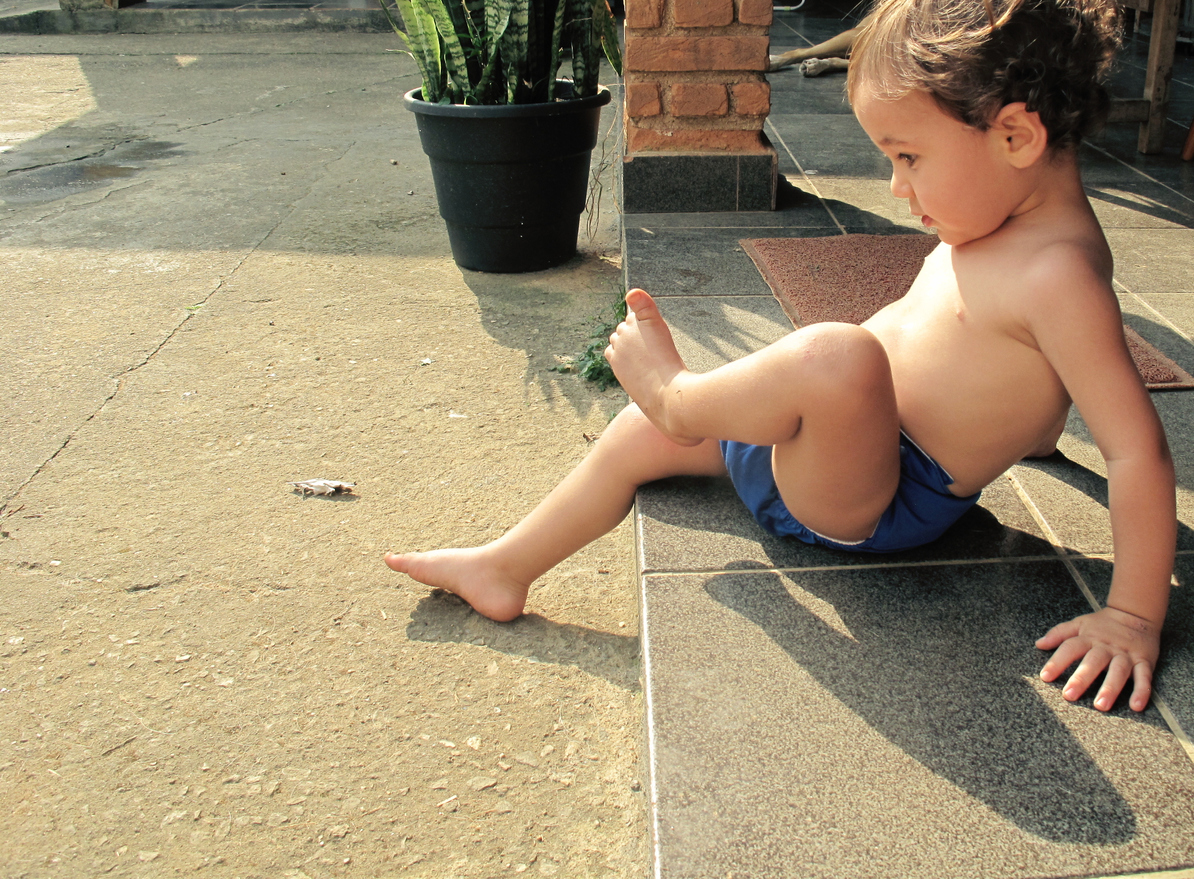
You don't want your toddler feeling the support of a diaper during the potty-training process. Instead, use cloth diapers. "You want them to feel the wetness and think 'this doesn't feel right.'"
How to prompt your child.
"You will need to PROMPT but you should never ask the QUESTION, do you have to go pee? 'Cause you will get a NO almost every time," Glowacki advises. Not sure how to prompt? No worries, Glowacki's got suggestions for you. Watch her video on prompting for ideas on how to prompt with a statement, choice, or challenge.
View the process from the child's point of view.
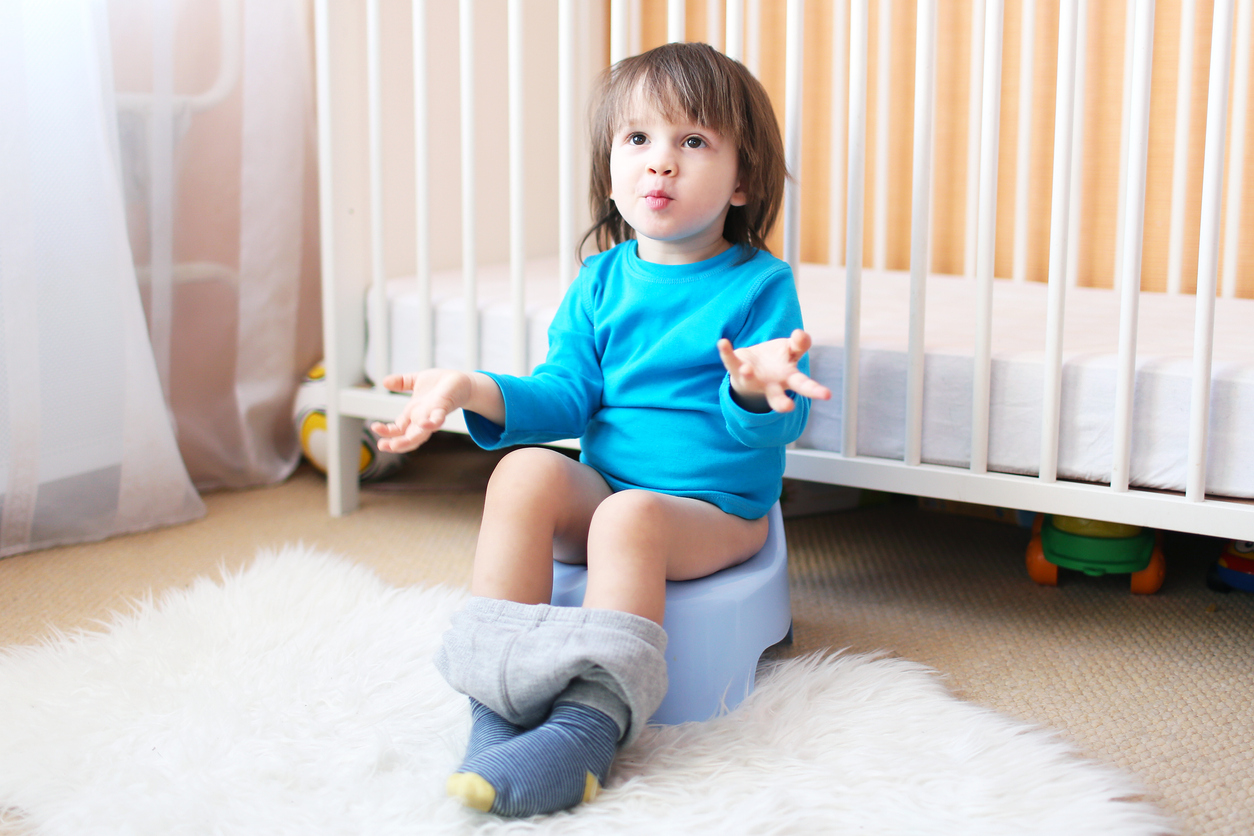
Many parents put a lot of pressure on themselves and their kids to complete the potty-training process. Glowacki suggests, "Take it from their point-of-view. It's just pee and poop and you want to make them feel safer about the milestone." This will also help to avoid approaching the situation with stress and anxiety.
Make learning about and understanding the pooping process fun.
Watching Glowacki and her son Pascal demonstrate the play dough game is adorable. They are having fun and it's a great example of how you can keep things "light" while still teaching your child about the whole pooping process so that they can understand it and not be afraid of it.
Identify if there's a power struggle.

"Hovering and over-prompting leads to power struggles," Glowacki explains. She adds that you can't win a power struggle with your toddler and will need to let go of control. That doesn't mean to give up, but instead give the toddler space and don't nag the child about the issue.
Don't overuse the P word with your toddler.
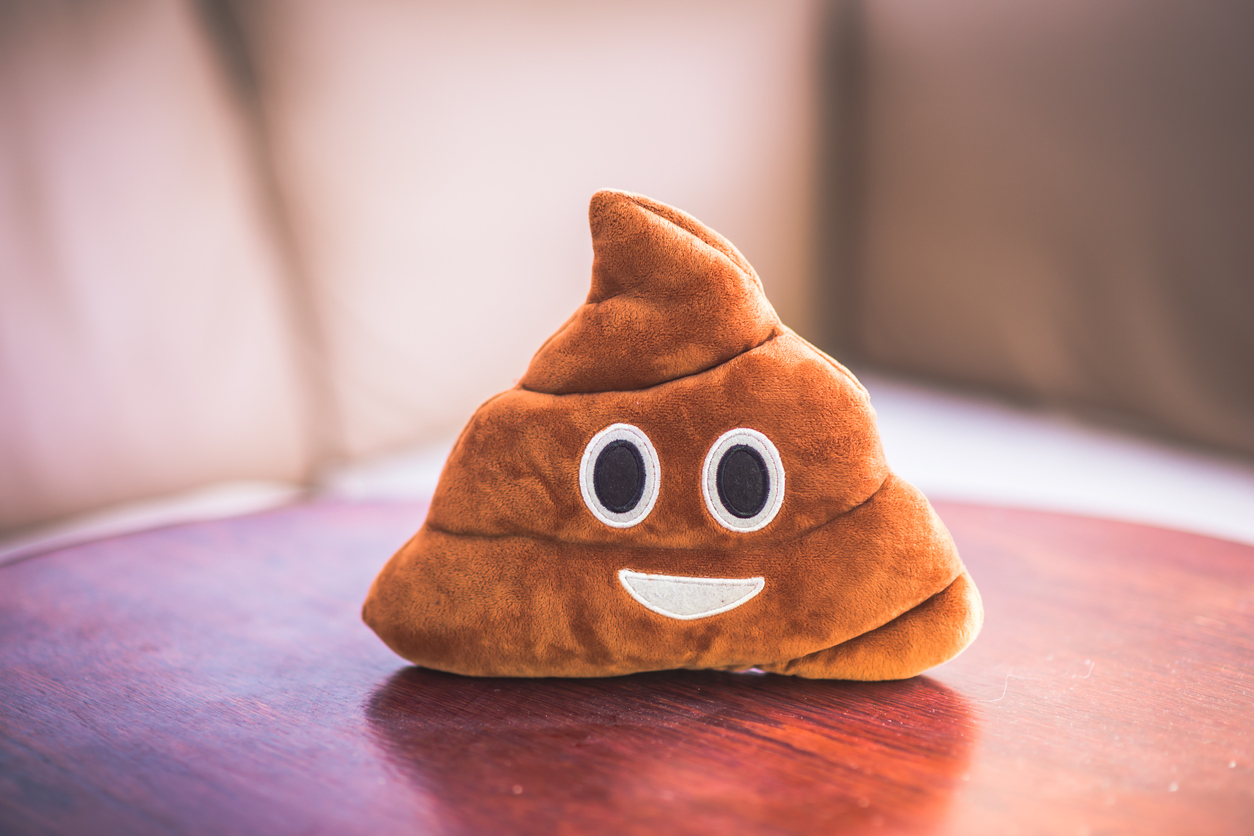
It's great to communicate to your child about the potty-training process, but too much talking could delay the process. "As long as you're talking, you're not listening," Glowacki explains. Allow your child to self-talk and pick up your lessons at her own pace—without having you on repeat.
Help your kid visualize the pooping process.
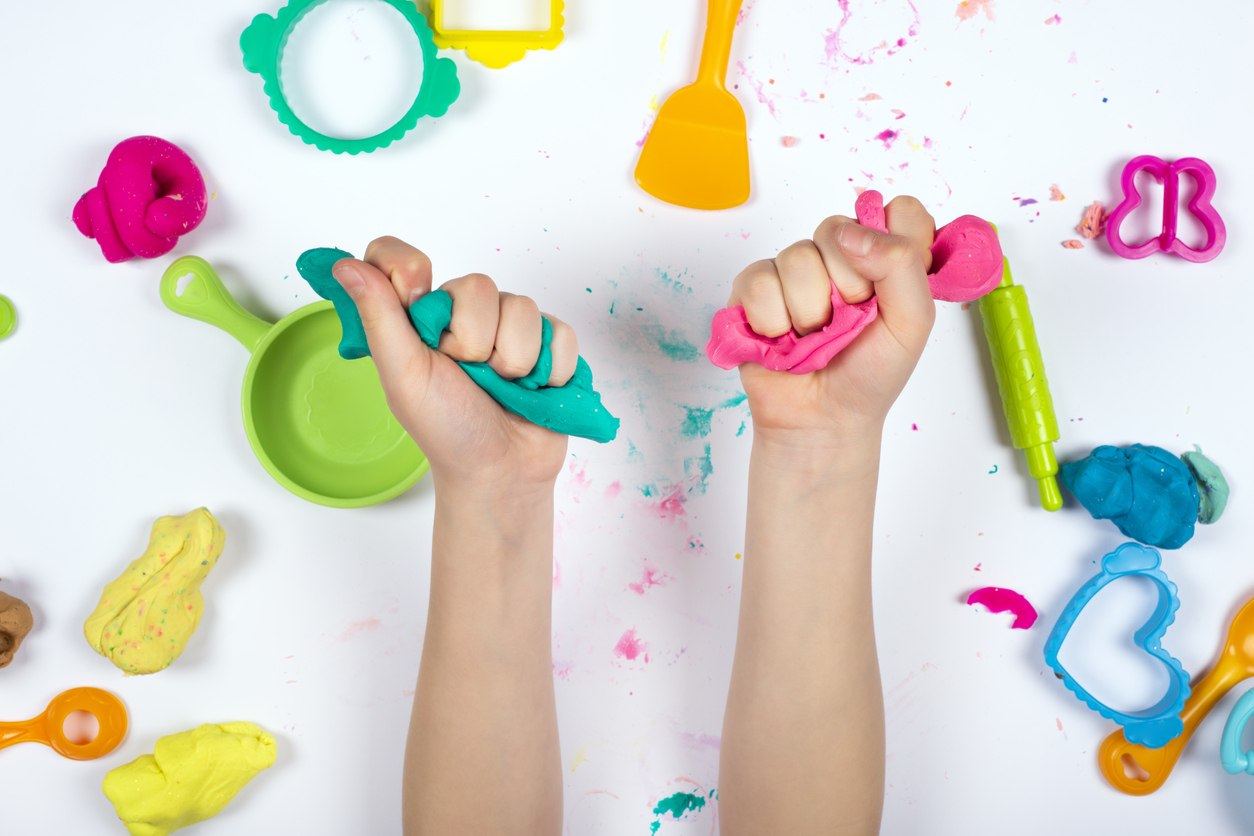
The concept of pooping could be scary for a toddler. Find fun ways of explaining the to your child what happens to his body when he poops. Glowacki suggests what she calls the "play dough game," which we'll share next. "It's a great visualization for kids," she says.
She's also got a red cup trick that you should know about.
No, the red cup isn't for drinking beer when you get frustrated with the process, it's for catching your child's pee. This trick is great for when your child gets in the bath and then realizes she has to pee. Having a red cup available makes it so she doesn't have to get out of the tub and shiver while trying to make it to the potty. Just press play and let Glowacki and her son explain the concept to you.
What to do if your child outright refuses?
"Okay. You know you're not over prompting your child. You are 99% sure your child DOES indeed have to go. You have attempted all the methods of prompting (a statement, a choice, or a challenge). And still you get a NO! Here's what to do," reads Glowacki's intro to her video. Her suggestions include making it easy for the child by bringing a potty close to him.
Know how to deal with regression.

Regression is normal when a big change happens, like a move or divorce, before or during the potty-training process. "The child is hoping to be a baby. I recommend family therapy and communicating with your child and talking about big elephant in the room. You can re-diaper temporarily," says Glowacki.
Have patience.
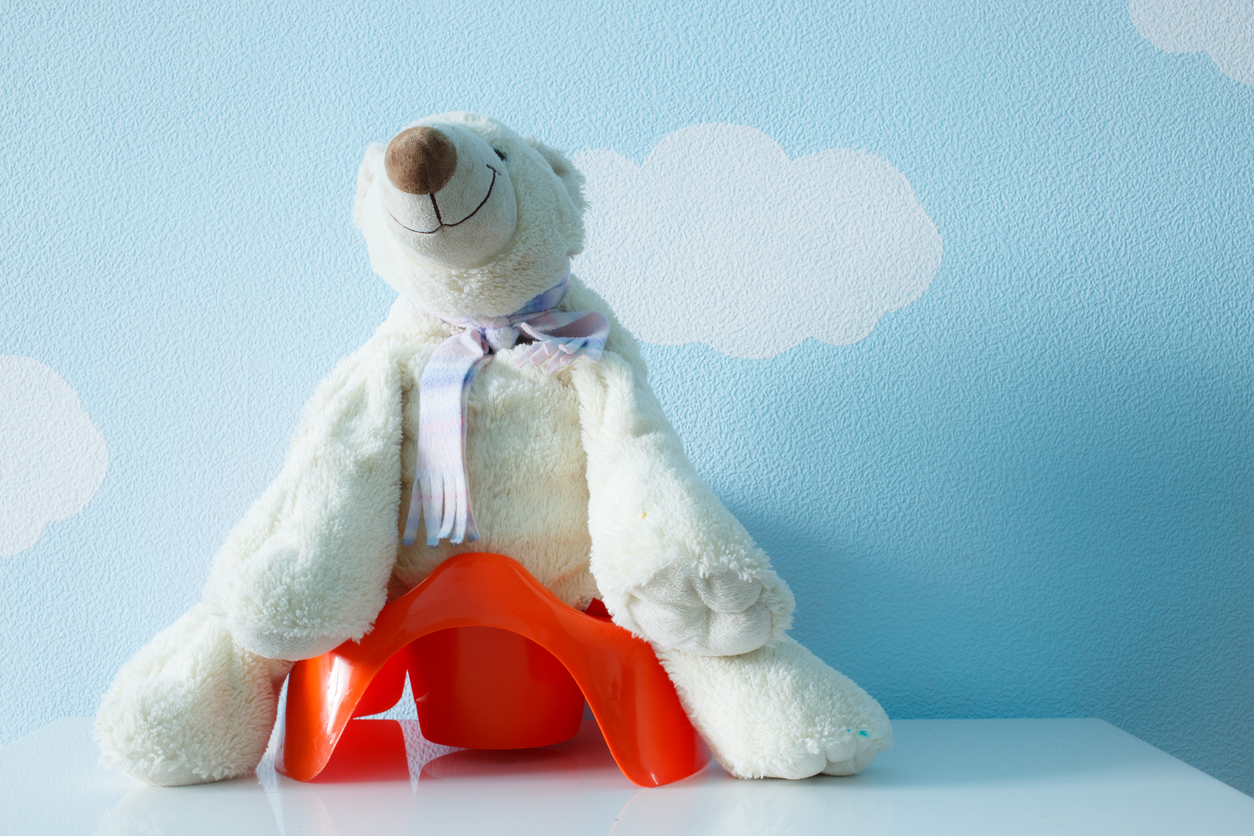
Glowacki's top advice for parents is to be patient. She says, "Trust your gut. Think of this as any other development milestone. Don't make it a big deal because the media does. Have patience."

